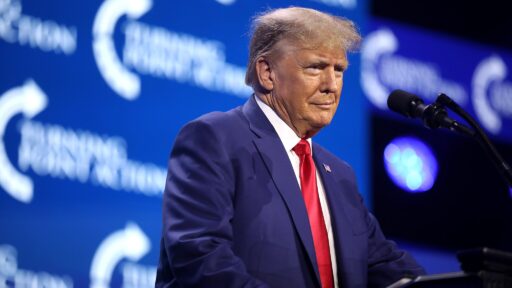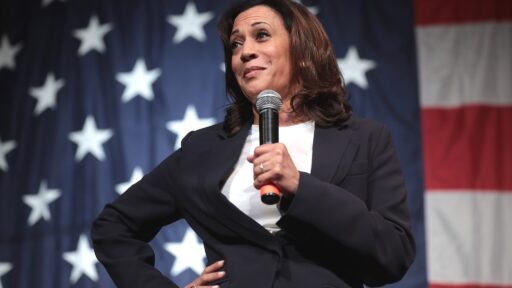Biden Lifts Weapon Sales Ban
The Biden administration has recently decided to lift a ban on arms sales to Saudi Arabia that had been in place since 2021. This ban was initially implemented as a response to Saudi Arabia’s military actions in Yemen, where their conflict with the Houthi rebels drew criticism for causing significant civilian casualties.
Since the imposition of the ban, the situation has evolved. The administration now feels that Saudi Arabia has made sufficient changes in their conduct, particularly noting that there have been no airstrikes in Yemen since 2022. Officials from the administration have stated that the Saudis have fulfilled their obligations, and as such, the U.S. is prepared to resume arms sales in a manner that complies with appropriate congressional notification and consultation.
The first shipment of arms is already planned and will include air-to-ground munitions. Future transfers will be evaluated individually, reflecting a cautious but deliberate approach to resuming full-scale arms sales to the kingdom.
This policy shift aligns with broader U.S. strategic interests in the Middle East, particularly in the context of current regional conflicts. The United States is heavily involved in diplomatic efforts to broker a ceasefire between Hamas and Israel, as well as to address escalating tensions involving Hezbollah in Lebanon, Iran, and the Houthis in Yemen. These dynamics underscore the importance of strong alliances in the region.
However, some members of Congress remain skeptical about reinstating arms sales to Saudi Arabia. Concerns over human rights abuses persist, with critics demanding clear evidence of improved conduct from the Saudi government. Representative Joaquin Castro (D-TX), who is on the House Foreign Affairs Committee, has expressed reservations and is calling for substantial proof of change before fully supporting the arms sales resumption.
Overall, this decision reflects a balancing act between strategic alliances and ethical considerations, highlighting the complex nature of U.S. foreign policy in a volatile region.







